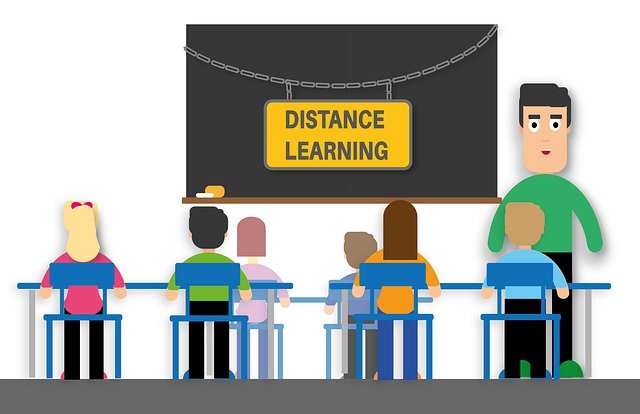
The COVID-19 pandemic is, first and foremost, a medical emergency. As the COVID-19 virus began to spread, the World Bank created a multi-sectoral global task group to help countries react and cope with measures at the end of February. After a little more than two weeks, 120 nations have shuttered schools, affecting over a billion kids worldwide who have had their schools closed for varying amounts of time. Many families throughout the world are experiencing significant short-term disruption.
While school closures appear to be a reasonable option for imposing social distance within communities, extended closures disproportionately harm the most disadvantaged kids. Consider how the continuous spread of coronavirus (COVID-19) is for adults: it causes anxiety, tension, and uncertainty. Children may know more about the corona virus than adults assume, depending on their age and media exposure. Even if children are not aware of it, they may notice stress and worry from people around them.
Luckily, there are many things we can do to encourage our children to cope. However, parents and other caregivers must first alleviate their anxieties. Children learn from the adults who look after them. It is difficult to soothe your children if you are nervous. It is easier to calm their worries if you’re more relaxed.
The IsBerne Online, an International School Switzerland, has been trying to address students’ mental health issues in the days of pandemics. We have gathered some information regarding supporting your kids with their mental anxiety in this lockdown. If you think your child will not talk to you, recommend a family member or our, IsBerne online school’s guidance counselor. We help you out in this challenging time; so, here are a few things you can do to help yourself and your homeschooling kids who need to cope with COVID-19 anxiety.
Get The Real Facts
“Knowledge is power,” as the saying goes. Knowing the truth is one approach to alleviating stress in any circumstance. However, with COVID-19, it appears that information is everywhere. What we know about this new virus is also rapidly changing. As a result, it is difficult to tell what’s accurate and what isn’t.
It’s best to stay with only one or two reliable sources while looking for information regarding COVID-19, so you don’t become overwhelmed. Facts may frequently help with the relief of tension, particularly in youngsters with anxiety problems. If your child is afraid of getting ill, for example, you may reassure them by reminding them that the reason most of the people are staying home is to prevent the disease from spreading. Facts may frequently help with the relief of tension, particularly in youngsters with anxiety problems. If your child is afraid of getting sick, for example, you may reassure them by reminding them that this is why people are staying home to prevent the disease from spreading.
Schedule a routine.
COVID-19 is causing a lot of difficulties in our lives. Developing a regular family routine can assist parents and children in regaining a feeling of normalcy. One method to do this is to structure your children’s days as closely as possible to what they were before COVID-19. Have them, for example,
- Please wake up, dress, and have breakfast at the same time they did when they went to school.
- Work on school tasks in a non-distracting area of your home during their hours in school.
Engage them in self-care activities.
Children must get adequate sleep, consume nutritious foods, and exercise regularly. These self-care practices become even more vital during times of anxiety. Add relaxing activities and self-care practices to your family’s daily routine.
Stay connected with them.
Measures of “social distance” are intended to keep individuals healthy. On the other hand, children may be disappointed, if not outraged, at having to limit their in-person connections with friends and relatives. Help youngsters stay connected with people in innovative ways to protect them from feeling lonely. Set arrange “virtual playdates” using technologies like Skype, Zoom, FaceTime, or other apps. Allow friends to play a game or share a meal. Allow children to buy groceries for an elderly neighbor on a community website. Set aside regular periods for your children to chat on the phone with their friends.
Concentrate On the Good.
Children with anxiety frequently view frightening circumstances as more dangerous than they are, and their bodies’ stress reaction takes longer to “switch off.” Reassurance from parents, on the other hand, may go a long way toward calming them down. Allow children to understand that, while there is still much to learn about COVID-19, it is up to the adults to figure it out, and they need not be concerned. Maintain an optimistic attitude. Discuss how individuals are working together to support one another and remain healthy.
You will probably have a discussion several times in the coming days. Making time to talk is, nevertheless, one of the most effective strategies to reduce worry.
Everyone is going through a terrible period right now. You and your kid can receive the help you require to feel secure and supported. If these won’t work for you or your kid needs more assistance, do not hesitate to contact your doctor or mental health professional.
